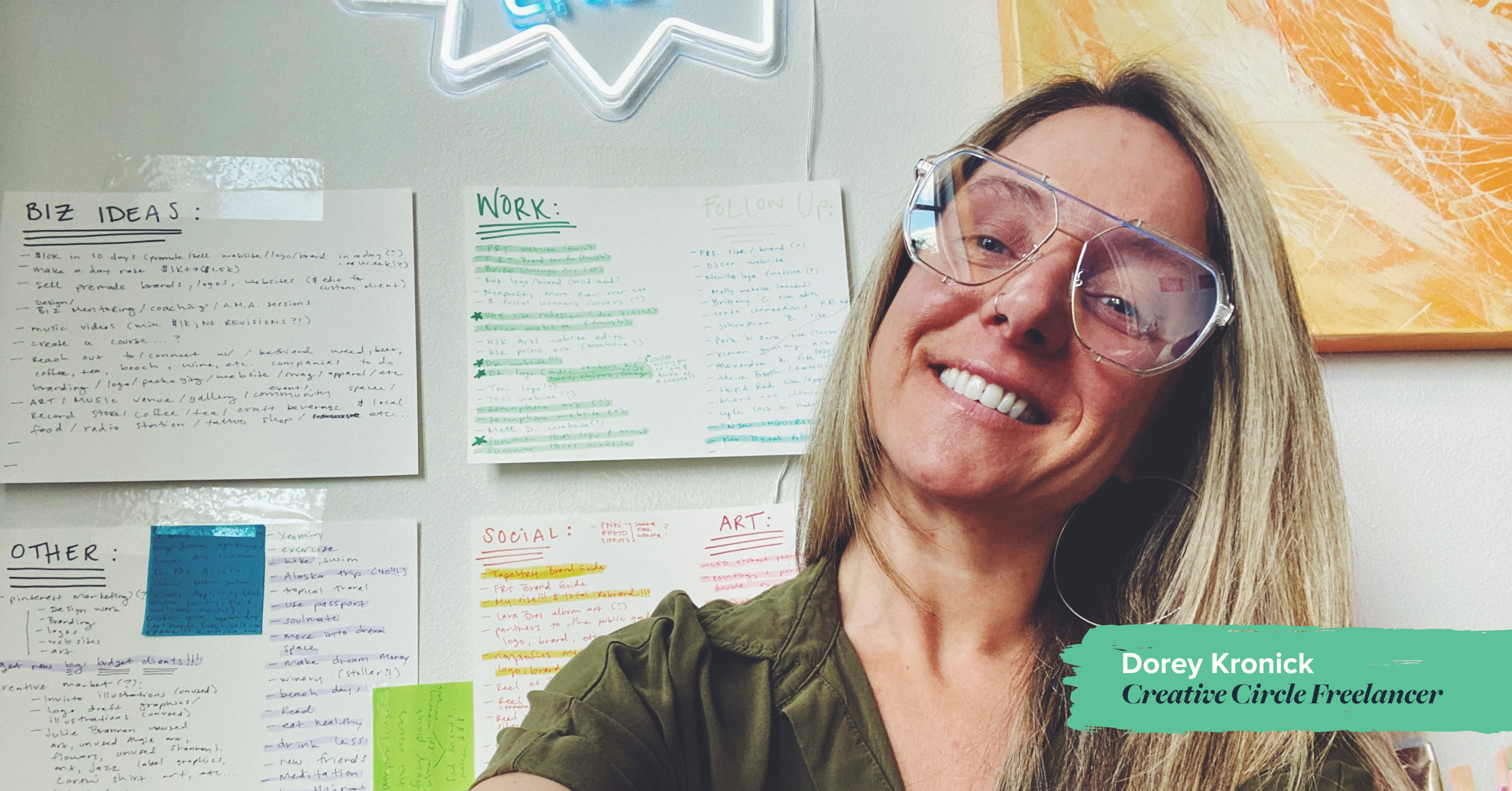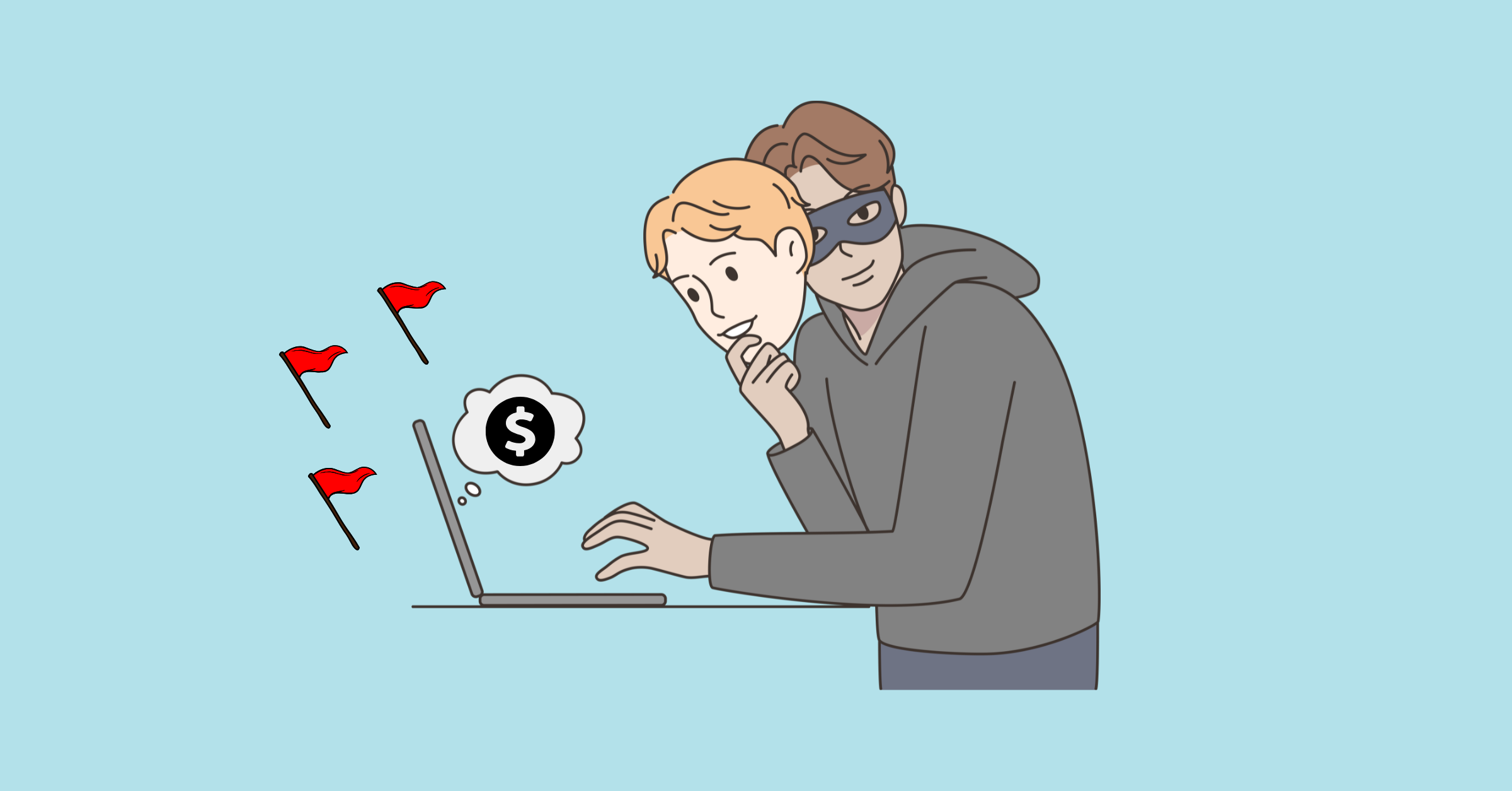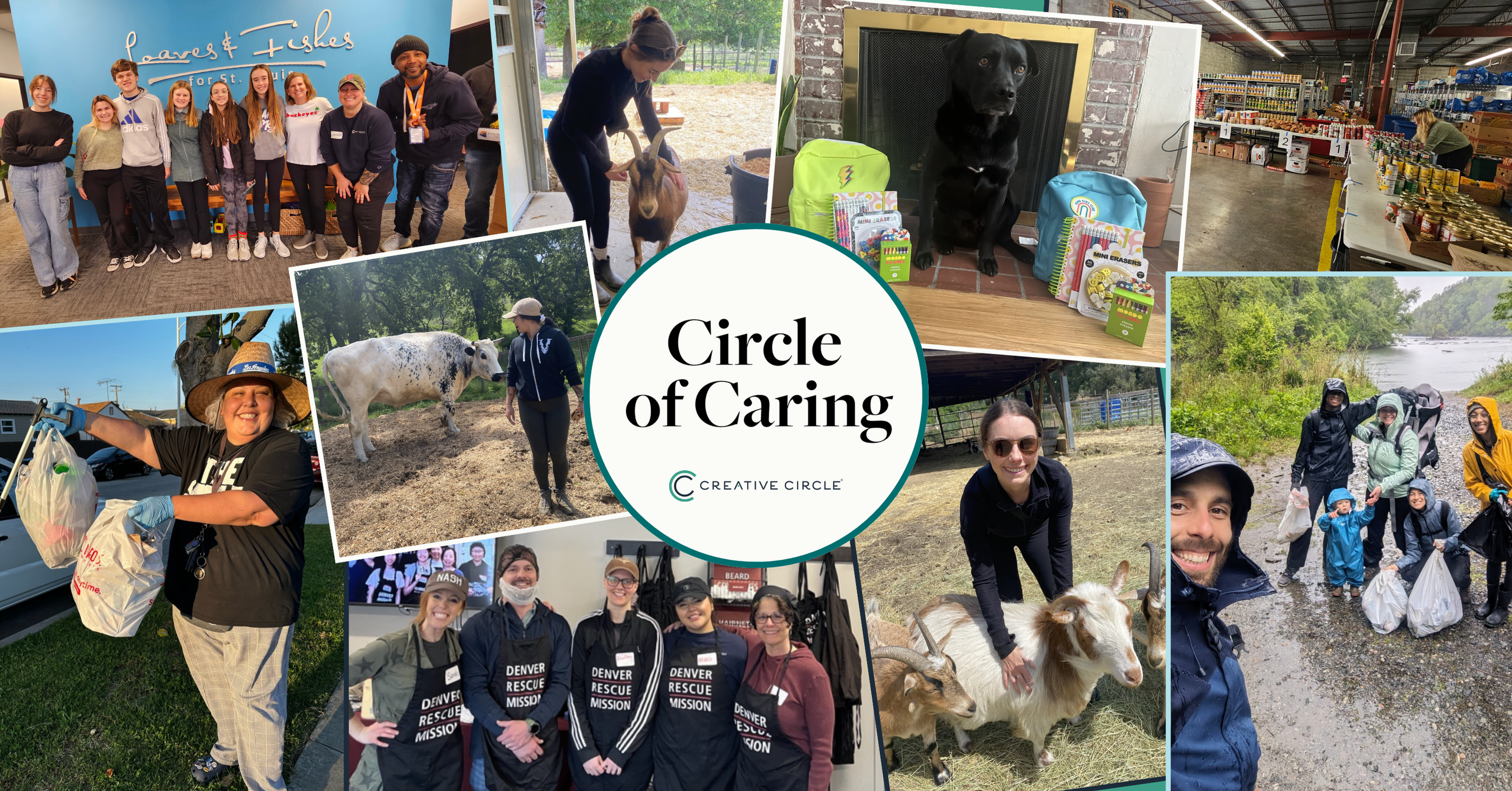For the intelligent and creative, bouts of self-doubt, depression, low self-esteem, and imposter syndrome may be acquaintances we know well. (Every gift has a cost, I guess.) While difficult at times, the right tools, routines, and support systems can get us through the dark and back into creation mode. But what happens when work dries up and we’re driven into isolation?
With overactive brains, more time to ruminate, fewer distractions from a potential spiral, less social interaction, and sometimes less opportunity or incentive to exercise or walk around, perhaps you’ve fallen prey to difficult thoughts. Some of my favorite existential crisis questions and thoughts include the following:
- What is the point of any of this?
- I’m unproductive and worthless.
- The work I produce is meaningless.
- I’ll never be as good/successful/accomplished as [insert person you admire].
- I’m not smart enough to make this work.
- Will I ever find “real” success?
- All my ideas are garbage.
- What if people are just pretending to like my work/me?
- We’re in crisis. What does creativity do you for in crisis? YOU CAN’T EAT ART 😩😭
- If other people really knew me/saw the art I REALLY want to make, they would hate me/think I’m stupid.
If any of this sounds familiar, I have great news: you’re not alone, and you’re probably wrong!
The Dunning-Kruger Effect
Let’s start by pointing out the cognitive bias many of us know and hate, the Dunning Kruger Effect. The thing is, if you have the ability to doubt yourself in the first place, you’re probably smarter and more qualified than you think you are. The Dunning Kruger Effect illustrates that with lower intelligence comes greater confidence. Yikes. Basically, the fact that you doubt yourself in the first place means at the very least you have the smarts to think critically and consider opposing arguments.
Imposter Syndrome
You may additionally experience imposter syndrome, which while not classified as a disorder, can go hand in hand with low-self esteem, depression, and anxiety. The experience of imposter syndrome includes dismissing any accomplishments and a fear that you have landed where you are by luck rather than skill or merit. Many experience a fear of being found out as a fraud.
While external validation, producing work, and social interaction (not to mention, getting paid) can mitigate these experiences by creating a temporary sense of relief, how do we get through when those external factors are severely limited?
Reflect on how far you’ve come
Our brains are wired to focus on our blunders. Negativity bias will keep you focused on the one negative comment or feeling instead of the 5 positives. That’s why it’s so easy to get hooked on whatever negative thought that might enter your brain. Plus, if you’re dealing with imposter syndrome, you’ll disregard the positive comments completely. When we’re isolated, we may only be getting that feedback through social media (or the couple of people we’re in general contact with), which can be a dangerous game in and of itself.
If you’re feeling down or lost, maybe a decade review can help you see how far you’ve come. Where were you five to ten years ago? How have you evolved? How has your approach to your work changed? What have you learned? We so rarely truly look at the big picture in that way. Can you take a moment to notice the wins? Can you take the losses and see how they’ve brought you to where you are today?
Reflection can be a powerful tool in understanding yourself, learning from your journey, and consciously integrating lessons into your life.
Turn your inner critic into an ally
You can also overcome your brain’s fear response and use that self-check impulse to simply create better work. One of the most effective ways I have found is to speak to the overly critical voice in my head like a very nosy friend. Listen to it, and then ask why. When you have to get specific, you’re no longer blanket-statement-bad, but rather you start to find useful tips to make the next round better.
So, for instance, I’m not “a terrible writer,” which my inner critic loves to tell me, but perhaps this article could use tighter language and more structure. Something specific can be fixed! (And maybe it doesn’t have to be 100% perfect to be really useful.)
Keep your eyes on your own paper
Of all the ways we start to feel down on ourselves, comparison is by far the most detrimental. We compare the mess of our process to the finished products of others. When you see those humble brag announcements across your feed, or the seemingly overnight success of some celebrities, it looks like magic, but we have no idea what it took other people to get where they are.
We have no idea what their dark night of the soul looked like. Maybe they have found confidence and success because they suffered losses so brutal they thought they would die, but when death refused to take them as they stood over a pile of ash, marveling at the miracle of still being alive, they dragged their charred bodies up a never ending mountain until finally, something clicked. Maybe the depths of their despair cracked open something within them and gave them the eyes to see opportunity.
And then again, some folks may be exaggerating or lying! Either way, upward social comparison, especially through social media networks like Facebook or Instagram, contribute to low self-esteem. So if you’re in a creative funk, delete the apps (even if you’ll just re-download them later).
The quickest way to feel like a sham and a fraud is by comparing your “in process” to someone’s polished product. Comparison is the enemy of producing good work. So stop it. And find the space to create the thing that can only come from YOU. Which brings me to…
Remember what you love to create
If you have a moment, what would you create for free? For yourself? What I’ve found really helpful is playing with a medium that isn’t my main art form. So instead of writing, I’ll draw for a little bit. Or dance. Then from that space of getting out of my head, I can come back to writing something just for me. Without an audience. The silly little poems and fan fiction stories that come from my soul, instead of my brain.
What can you create as a service to yourself?
Break the cycle
When we feel like imposters, we can get stuck in cycles of over-preparation or procrastination that become a weird self-fulfilling prophecy or otherwise help us scrape by with only the slightest bit of relief. To get out of this, we need some real inner confrontation.
Reframing anxiety-producing tasks can help us get out of our heads and into the game. Some helpful advice I got recently when an anxiety-producing task made me cry (yeah, I can admit that to you, dear reader) was this:
“It’s not personal. It’s just business.”
Whatever it is, creating art, negotiating a better result, submitting a paper, applying for a job, prepping for an interview, is just business. It’s not your whole identity. We get scared because we conflate actions and output with who we are. Face the anxiety (maybe break down crying if that is your thing), notice it doesn’t kill you, and break the cycle.
Figure out where these standards came from in the first place
For most of us, this inner critic had an origin. Whether it was a teacher, a parent, a friend, a family member, or the culture at large, the idea that we’re somehow deficient is not something any of us were born with.
There are plenty of ways to explore this from mediation to therapy, from personal coaching to self-help books. Try asking the question, and see what answers come up for you. If you’re looking for resources to start, you can check out my reading list.
Know you’re in good company
Even in the best times, it’s extremely common for creatives to be plagued by imposter syndrome. Despite objective worldwide success, renowned artists question and doubt themselves. Some of the most famous folks who have dealt with self-doubt and imposter syndrome include:
- Maya Angelou
- Meryl Streep
- Chuck Lorre
- Viola Davis
- Don Cheadle
- Kate Winslet
- Neil Gaiman
- Tom Hanks
- Emma Watson
- Sonia Sotomayor
And if it takes time for you to crawl out of a self-esteem slump, that’s okay too. These are dark times, you know, and there’s no right or wrong way to process here.
About the author.
Alessandra is the mentor, educator, and writer behind Boneseed, a private practice devoted to deep self-inquiry through a range of physical, energetic, and mental modalities. She has over 500 hours of yoga, mentorship, and facilitation training and can be found slinging knowledge on her website, newsletter, and @bone.seed.




